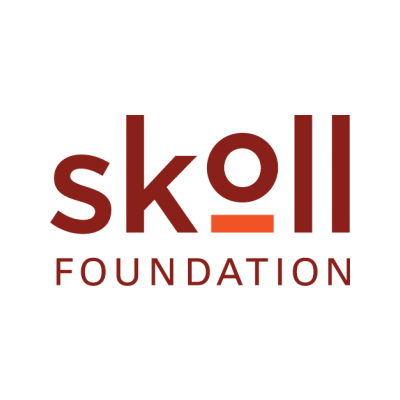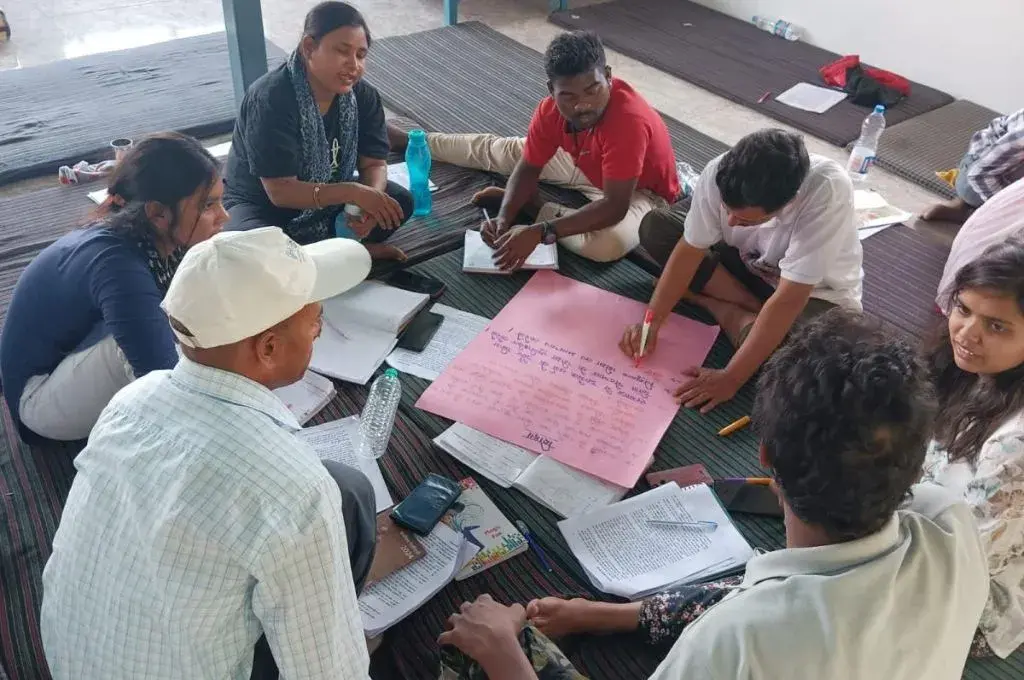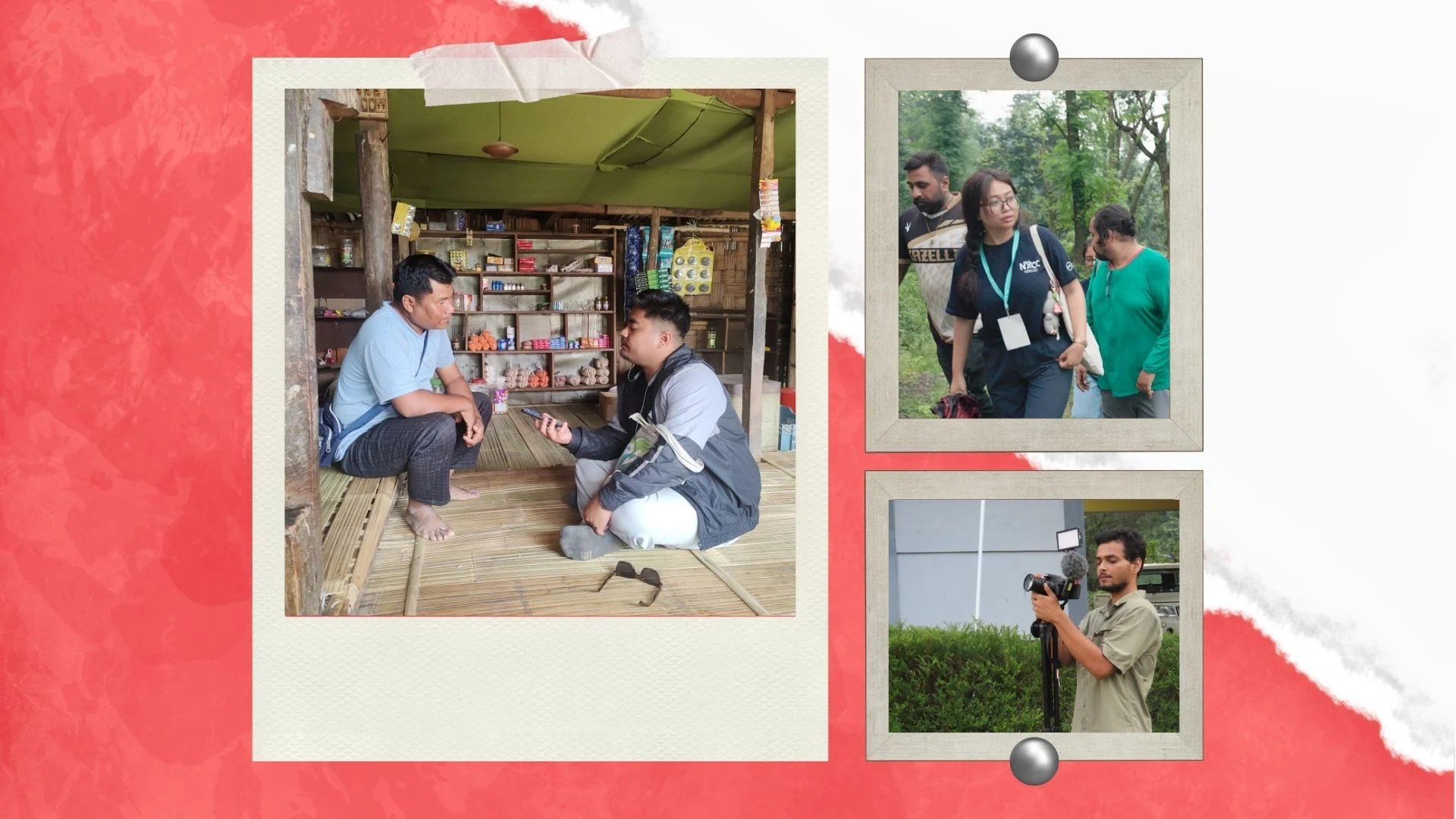If you could track my radius of movement since March 2020, I bet 98 percent of my footsteps were in my house. At first my new and small world DC (during COVID) was claustrophobic and oppressive. I felt I was under house arrest, “confined” to my home after years of freedom globetrotting for work and pleasure. Yet humans have the uncanny ability to adapt to new situations. Nine months after we closed the office in Denver and I started working from home “for a few weeks,” I have gained a different perspective on my life.
Today my travel radius DC continues to be small, but life does not feel small. In fact, I feel that personally this pandemic has been expansive for me on the inside. I am a better person. A better mom, partner, boss, leader, colleague, and friend. I credit this to my ability to put into practice what I have learned from the WellBeing Project inner development program (IDP). 2020 has been a bit of a burning platform at work and in life. I suppose I have always worked better under pressure (well, not too much pressure) yet this year was extreme.
This is an excerpt from the article, How A Pandemic and Wellbeing Practices Honed My Leadership Skills by Eleanor Allen.
This article is a part of a special series on the connection between inner well-being and social change, in partnership with The Wellbeing Project, Stanford Social Innovation Review, Schwab Foundation at the World Economic Forum, and Skoll Foundation.





